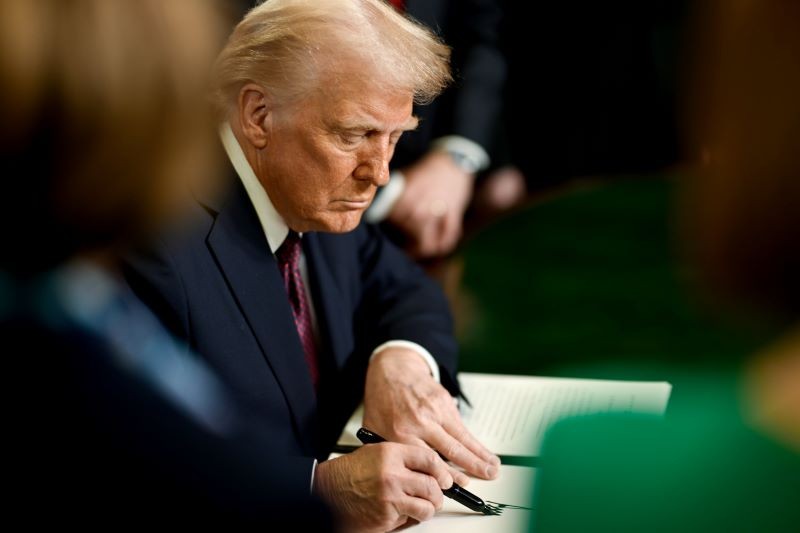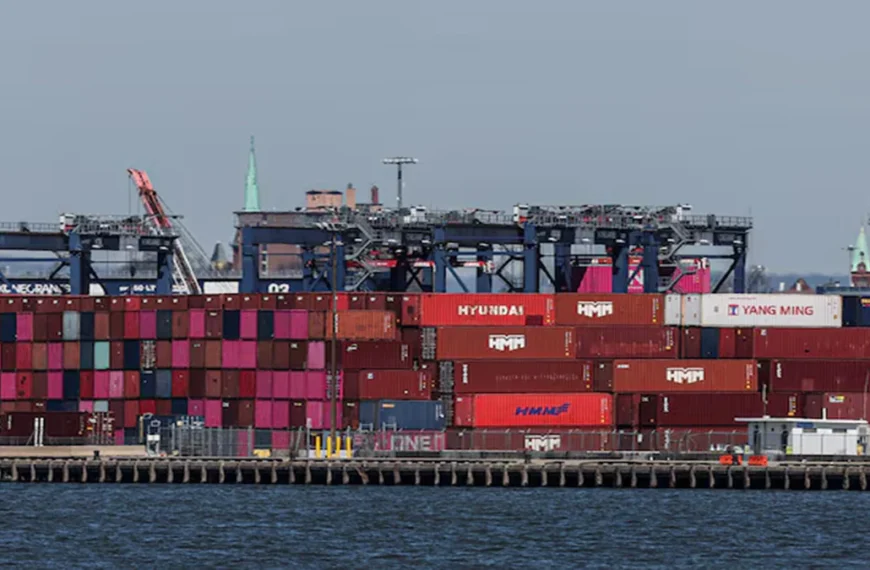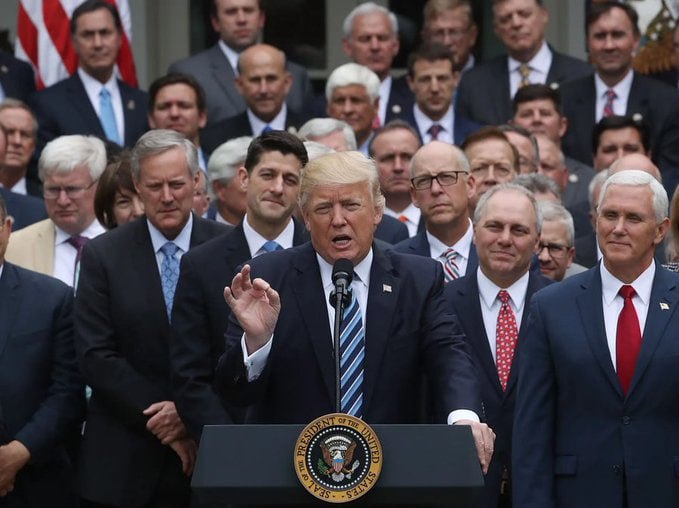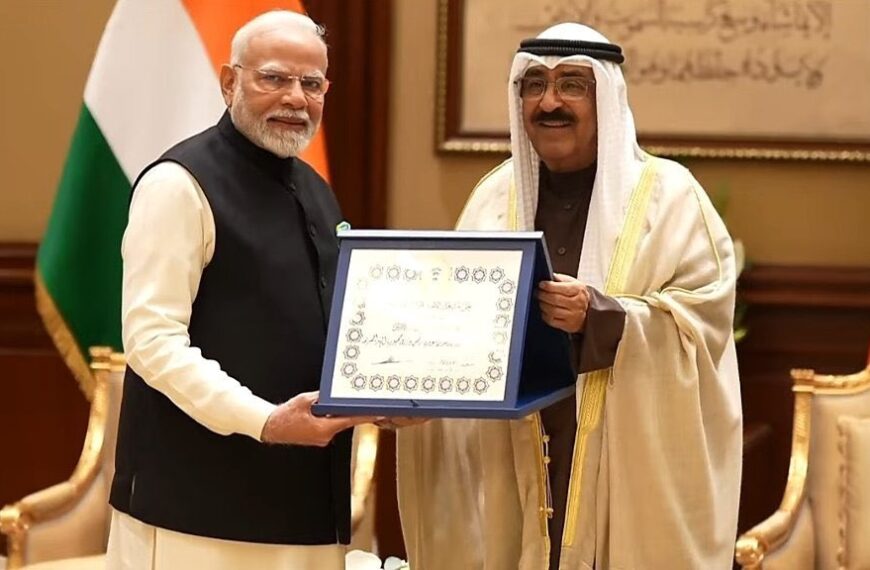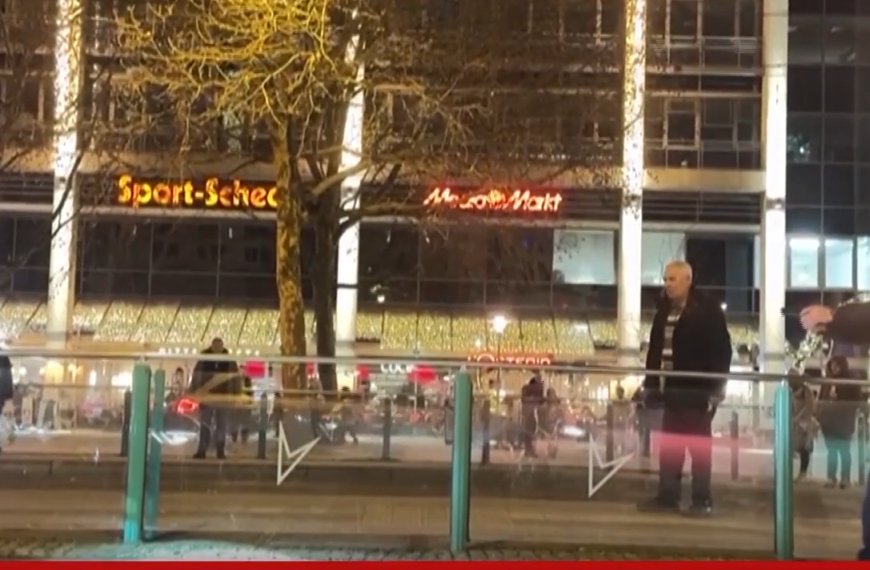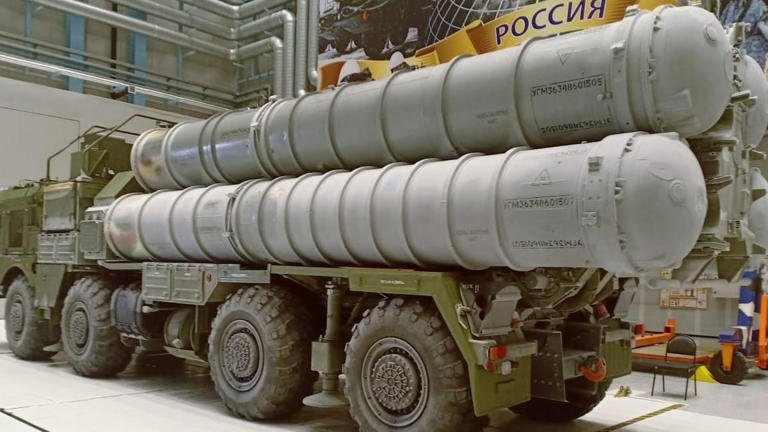Image source: X
Since his inauguration, former U.S. President Donald Trump has made headlines for his unconventional decisions. His latest remarks regarding the Gaza Strip have once again ignited a firestorm of debate. In a recent interview with Fox News anchor Bret Baier, Trump suggested taking a “long-term ownership position” in Gaza post-war, envisioning the war-torn enclave transformed into a “beautiful and safe community.”
While some see Trump’s proposal as an ambitious redevelopment plan, critics argue that it disregards the political and humanitarian complexities of the region. With concerns rising among Middle Eastern allies, Trump’s vision for Gaza has sparked a major global discussion.
Trump’s ‘Real Estate’ Gaza: What’s the Plan?
Trump envisions a completely reconstructed Gaza Strip, comparing it to a real estate development project. He suggested demolishing existing infrastructure and relocating Palestinians while new, modern communities are built. He stated:
“There’s practically no building that’s livable in the whole Gaza Strip. I say we go in, we knock them all down. We just create some — no more Hamas. There’s no Hamas there. There’s nobody there. We move them into beautiful areas of the Middle East.”
His proposal suggests building new residential areas a short distance away from the current conflict zones, providing a “safe and secure” living environment for the 1.9 million displaced Gazans.
Permanent Relocation? Trump’s Take on Palestinian Resettlement
When asked about the right of Palestinians to return to Gaza, Trump implied that they would have “much better housing” elsewhere, hinting at potential resettlement in neighboring Middle Eastern countries. He insisted that the reconstruction plan would provide permanent homes for displaced Palestinians:
“Much better – in other words, I’m talking about building a permanent place for them.”
This aspect of his plan has caused alarm, particularly among Middle Eastern leaders, who fear forced resettlement and further destabilization of the region.
Regional Reactions: Pushback from Key Allies
Trump’s proposal has faced strong resistance from several Middle Eastern allies.
- Jordan’s King Abdullah II has been a vocal opponent of relocating Palestinians to Jordan, reinforcing his stance against forced migration. He is expected to discuss the matter with President Biden at the White House in an upcoming meeting.
- Egypt, a key U.S. ally, has called for an emergency Arab summit in Cairo to address what it describes as “new and dangerous developments in the Palestinian issue.”
- Other Arab nations have expressed concerns that Trump’s plan oversimplifies the historical and political complexities of the region.
Trump’s Optimism vs. Political Reality
Despite the criticism, Trump remains confident in his ability to broker agreements with Middle Eastern nations, pointing to the substantial financial aid the U.S. provides to Egypt and Jordan. He believes that with the right investment and political backing, Gaza could be transformed into a modern, thriving region.
However, experts argue that his plan lacks feasibility. The idea of treating Gaza as a real estate project, without addressing the deeper geopolitical conflicts and humanitarian issues, is seen as unrealistic by many.
Can Gaza Be Transformed? The Challenges Ahead
Even if Trump’s vision were to gain support, several obstacles stand in the way:
- Security Concerns – The region remains a conflict zone with ongoing tensions between Israel and Hamas.
- Political Feasibility – Without backing from key stakeholders, any redevelopment plan would face immense resistance.
- Displacement and Human Rights Issues – Forcibly relocating nearly 2 million Palestinians would trigger international condemnation.
- Financial and Logistical Barriers – The cost of rebuilding Gaza is estimated to be in the billions, requiring long-term international commitment.
Conclusion
Trump’s proposal for Gaza as a “real estate development for the future” has raised more questions than answers. While his vision of a modern and secure Gaza may sound appealing to some, the political, humanitarian, and diplomatic implications make it a highly contentious issue.
As debates continue, it remains to be seen whether this vision will gain traction or remain another one of Trump’s controversial ideas. What is clear, however, is that the future of Gaza is far more complex than a simple real estate transaction.
